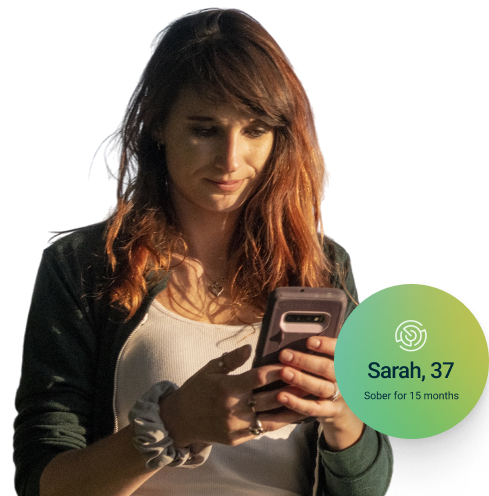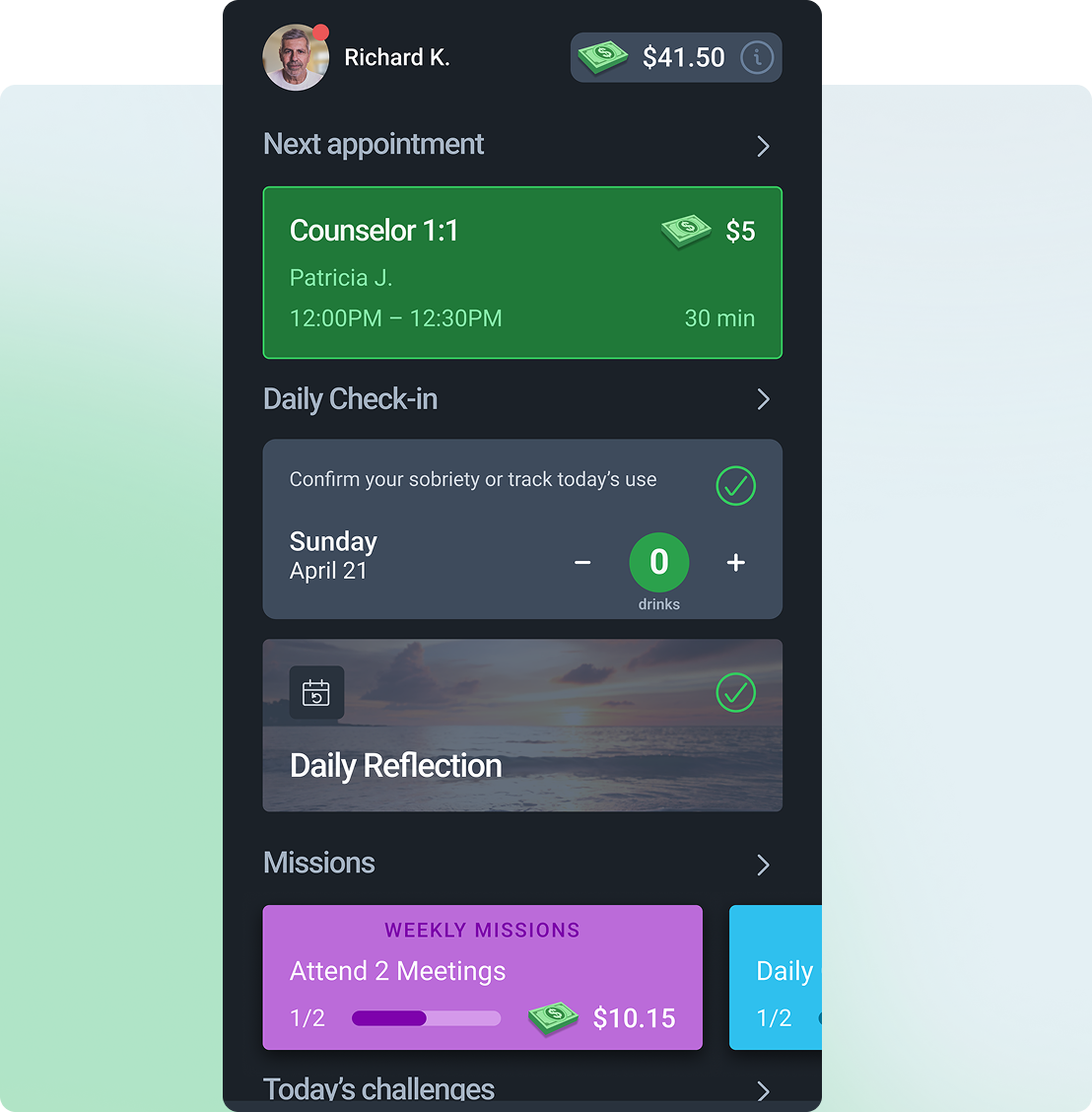You can manage alcohol withdrawal at home, with the right support
It’s critical to have the right care as your body adjusts. Affect’s online program can help.
Affect’s program is covered by insurance. For qualified members on Medicaid, treatment is entirely free.
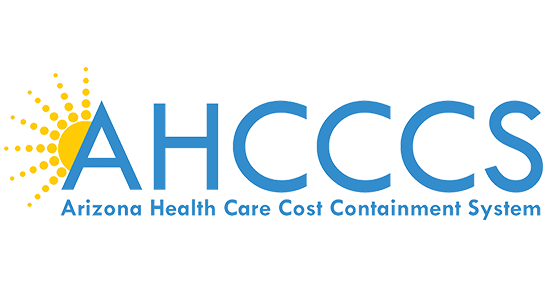
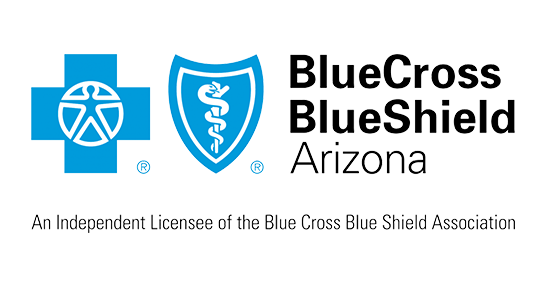

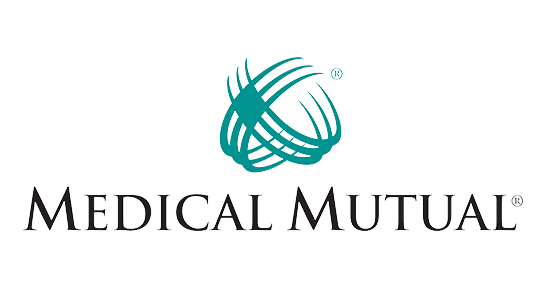


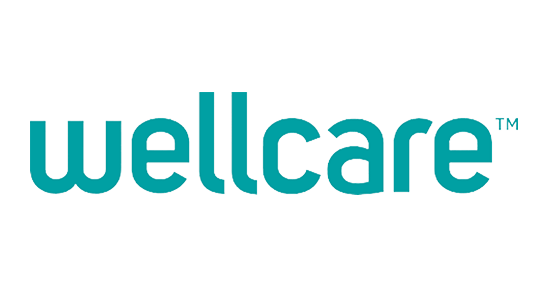
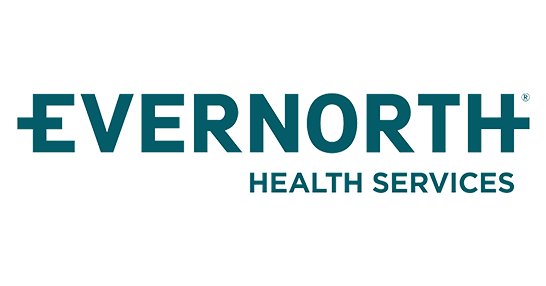
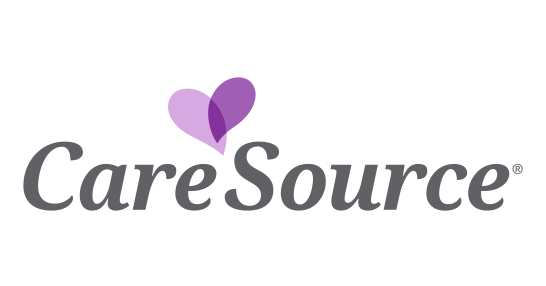
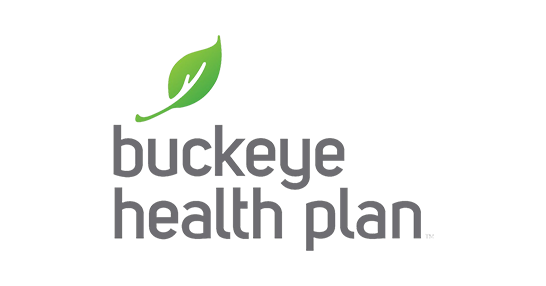
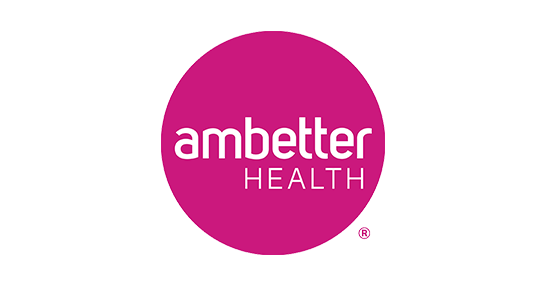


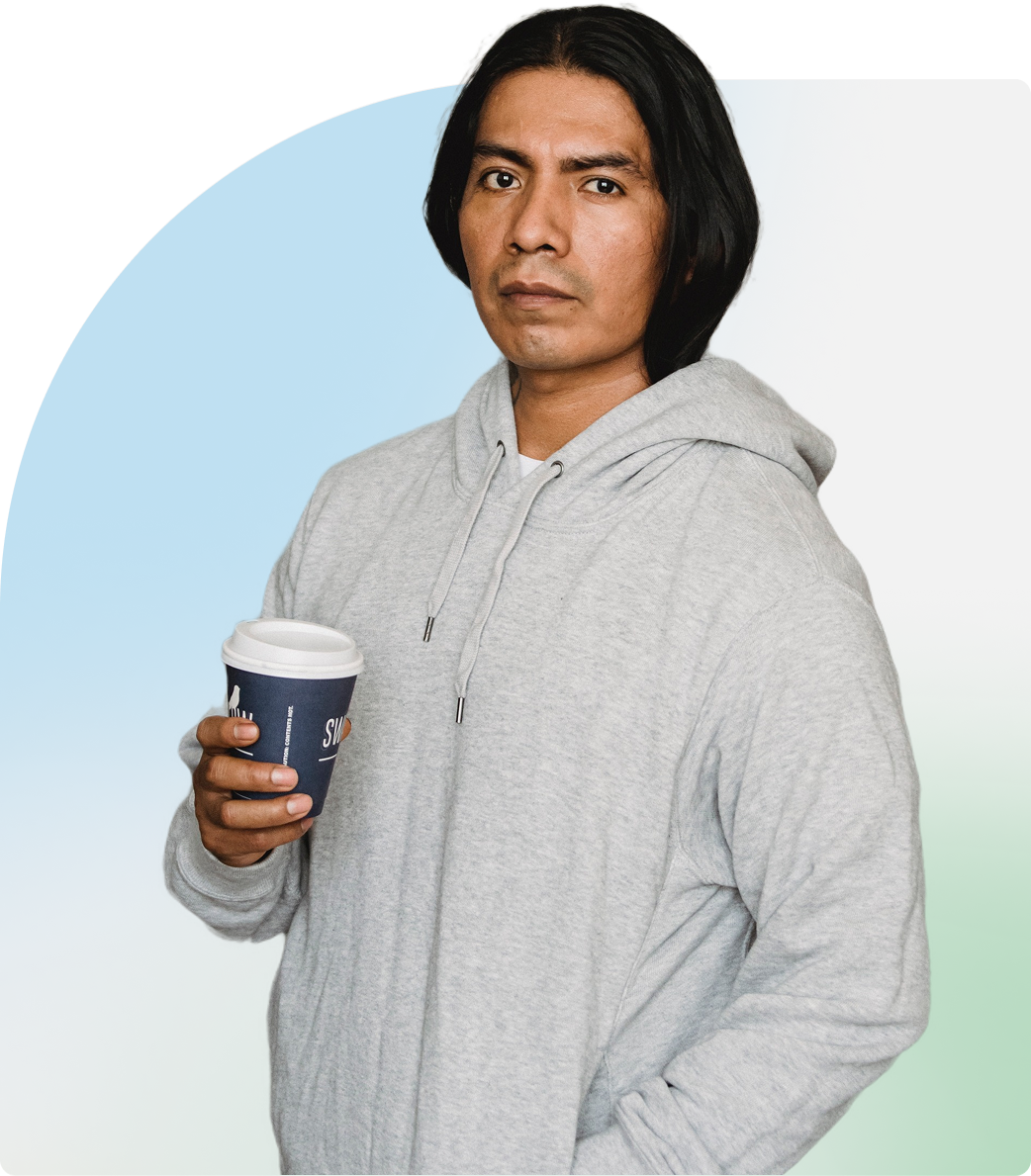
Quit Alcohol and Manage Withdrawal From Home
Alcohol withdrawal can occur when someone who drinks heavily suddenly stops or cuts back. Common symptoms include nausea, headaches, anxiety, sweating, and shaking. In more severe cases, it can cause hallucinations, confusion, or seizures—and may become life-threatening.
That’s why medical supervision is important. Detox is the body’s way of clearing out alcohol after long-term use, and it’s the first step toward recovery. Medications can ease withdrawal symptoms, and therapy provides stability and support. At Affect, our team is with you every step of the way.
What are the symptoms of alcohol withdrawal?
Alcohol is a depressant that acts on the central nervous system of the human body. Drinking excessively makes the body dependent on alcohol over time. If someone suddenly stops drinking or significantly reduces their alcohol use, their body may not know how to adjust to the lack of alcohol. This leads to alcohol withdrawal.
Signs and symptoms of alcohol withdrawal can appear within a few hours or a few days after a person stops drinking, and may worsen over a course of a few days. Milder symptoms may persist for weeks. Symptoms of alcohol withdrawal include:
- tremors
- anxiety
- nausea or vomiting
- headache
- an increased heart rate
- sweating
- irritability
- confusion
- insomnia or nightmares
- high blood pressure
How to manage alcohol withdrawal
Mild alcohol withdrawal can often be managed at home with the right care. But severe symptoms—like seizures, hallucinations, confusion, high fever, or dangerously high heart rate or blood pressure—can be life-threatening and require immediate medical attention.
If you or someone you know has stopped drinking and is experiencing any of these symptoms, call for help or go to the emergency room right away.
Starting your recovery with guidance from trained professionals helps ensure your safety and increases your chances of success. Talking to one of our care specialists can make all the difference.
Backed by science, powered by technology, and delivered by caring people who are on your team.
You don’t have to do it alone. Affect offers a full treatment program, right in your pocket.
Questions about alcohol withdrawal? We’ve got answers.

“Affect has shown me a caring side that I never had for myself. It has made me rise as an individual and I have uplifted my courage, bravery, and willpower to obtain my sobriety. Not only did I find myself, but I also found friends in counseling. By friends, I mean someone who really believes in you when others won’t. This program is amazing and works.”
Stella
Support That Goes Beyond Treatment
Getting healthier is just the start. Need help with housing, job hunting, healthcare, or financial aid? We’ve got your back.
